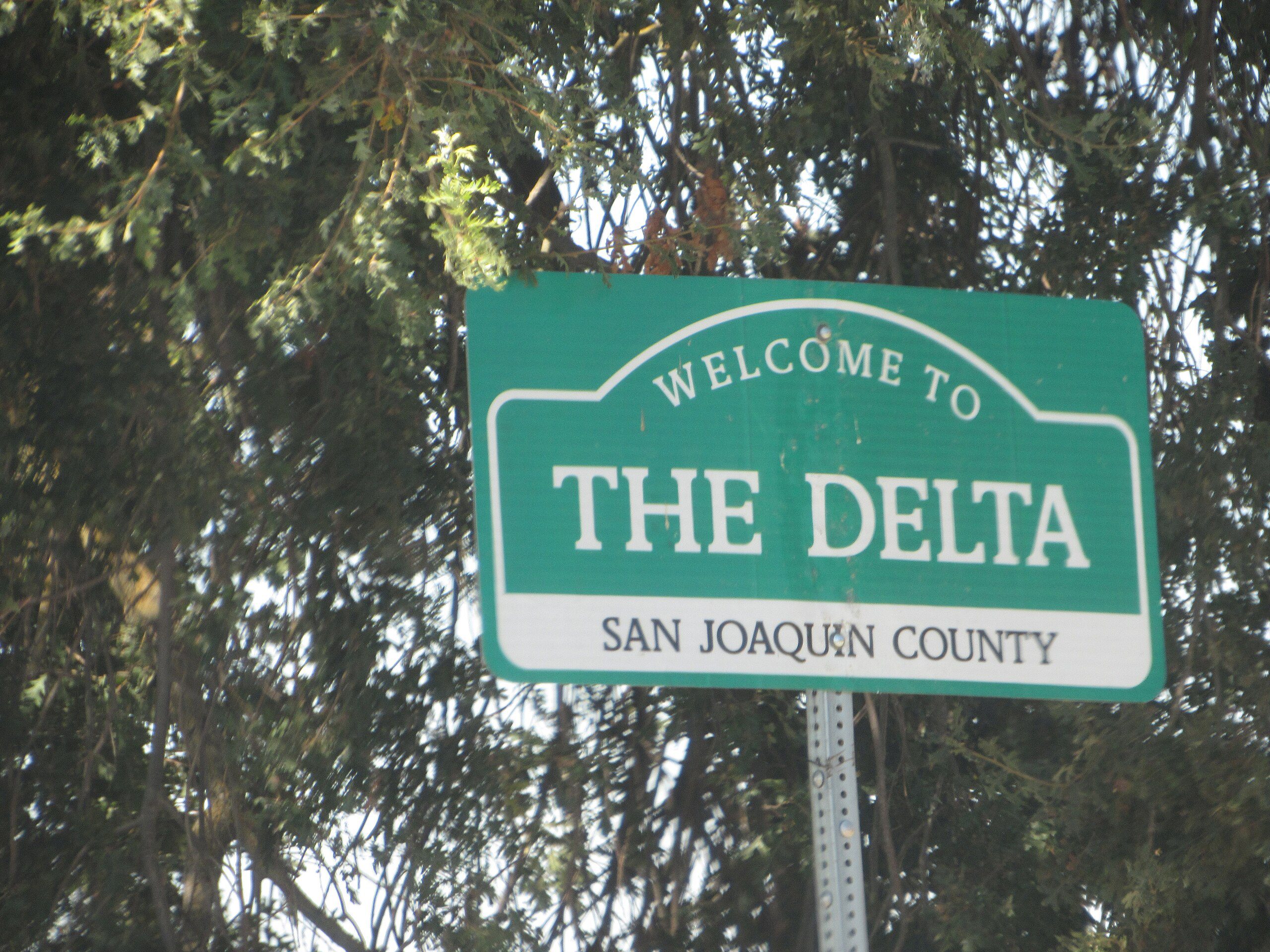- Metropolitan Water District partners with rice growers on two Delta islands.
- Projects address land subsidence and provide bird habitats.
- $20 million in state funding supports restoration efforts.
- New leases bring long-term revenue and ecological benefits.
Thursday, August 28, 2025 — The Metropolitan Water District of Southern California announced on August 22 new agricultural partnerships designed to improve sustainability in the Sacramento–San Joaquin Delta , a region critical to both California’s water supply and its ecosystems. The district’s board approved long-term leases with two farming companies to cultivate rice on district-owned land, with projects located on Webb Tract in Contra Costa County and Bacon Island in San Joaquin County.
, a region critical to both California’s water supply and its ecosystems. The district’s board approved long-term leases with two farming companies to cultivate rice on district-owned land, with projects located on Webb Tract in Contra Costa County and Bacon Island in San Joaquin County.
Webb Tract: Combating Subsidence and Restoring Wetlands.
Bouldin Farming Company, which has over 30 years of Delta experience, will oversee rice cultivation on about 1,500 acres of Webb Tract. The initiative is supported by a grant of up to $4 million from the Sacramento–San Joaquin Delta Conservancy to cover land leveling costs. Rice farming is expected to help reduce land subsidence, improve carbon storage, and create valuable habitat for migratory birds.
Metropolitan purchased Webb Tract in 2016 and has since worked to manage its steep subsidence, with some areas sitting nearly 24 feet below sea level. Alongside rice cultivation, Metropolitan is advancing a $16 million wetlands restoration project on approximately 2,400 acres of the island. That effort, now at 65 percent design completion, seeks to replicate historic Delta landscapes and provide new ecological benefits.
Bacon Island: Partnering with Regenerative Agriculture Leaders.
On Bacon Island, Metropolitan selected Lundberg Family Farms, a company recognized for its role in regenerative agriculture. The agreement, expected to be finalized soon, will transition about 5,000 acres to rice farming. Plans include deploying advanced cultivation methods suited to the Delta’s soils, developing wildlife-friendly habitats, and exploring opportunities for generating carbon credits.
Advancing Long-Term Resilience.
District leaders said the new leases represent a step toward combining water management, ecological health, and land use in a more sustainable way. The leases also create revenue streams for Metropolitan while increasing the long-term market value of the land.
“These leases support our science-based approach to land management, rooted in sustainability,” said Metropolitan board Chair Adán Ortega, Jr . “They build on Metropolitan’s decades of investment in the Sacramento–San Joaquin Delta, recognizing that addressing subsidence and protecting native species are essential to ensuring long-term resilience and ecological health in the region.”
. “They build on Metropolitan’s decades of investment in the Sacramento–San Joaquin Delta, recognizing that addressing subsidence and protecting native species are essential to ensuring long-term resilience and ecological health in the region.”
General Manager Deven Upadhyay added that the collaborations demonstrate how agriculture, restoration, and sustainability projects can coexist in one of California’s most vital regions.
Metropolitan, a state-established cooperative, provides imported water from Northern California and the Colorado River to 19 million residents across six Southern California counties. The district also supports conservation, recycling, and resource management programs throughout its service area.
Image:
Welcome to the Delta sign in San Joaquin County . Kiddo27, September 2022. Licensed under the Creative Commons Attribution-Share Alike 4.0 International license.
. Kiddo27, September 2022. Licensed under the Creative Commons Attribution-Share Alike 4.0 International license.

